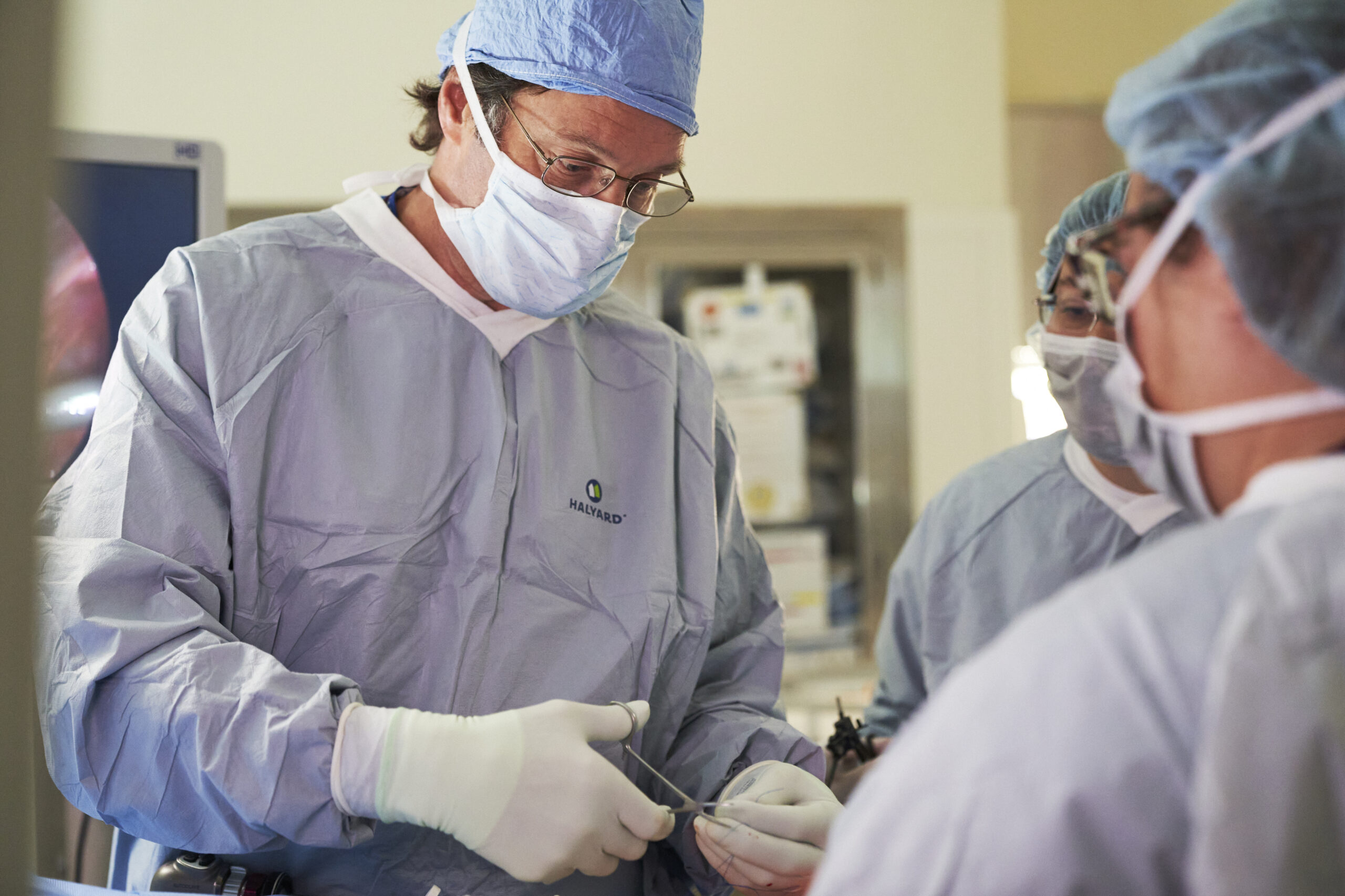Courtesy of Roswell Park Comprehensive Cancer Center Blog
About 28,000 people are diagnosed with stomach cancer in the U.S. yearly, occurring more often in men than women, and in those ages 65 to 80. Stomach cancer is most frequently diagnosed in individuals of African, Hispanic, Indigenous descent, and among Eastern Europeans, East Asians, and South Americans. It is more common in North and South Korea, Japan, China, Southern and Eastern Europe, and Central and South America, and less common in North America, Northern and Western Africa, and South Central Asia.
Adenocarcinoma, which develops in the cells in the stomach’s lining (mucosa), comprises more than 90 percent of all stomach cancers. Stomach lymphoma is another type of cancer of the immune system tissue found in the stomach wall. Gastrointestinal stromal tumors (GIST) are rare tumors that form in the stomach wall, and carcinoid tumors begin in the hormone-making cells of the stomach. Small cell carcinoma and leiomyosarcoma, which are rare, may also start in the stomach.
See a doctor if you experience persistent stomach cancer symptoms, such as indigestion, bloating, and overall stomach discomfort. Since many of us experience these symptoms from time to time, diagnosis can be difficult. Physicians don’t know what causes stomach cancer, but note the following risk factors:
Obesity. Overweight, obesity, and lack of exercise may cause cancer of the upper part of the stomach nearest the esophagus.
Diet. A diet high in meat, smoked, salted, or pickled foods, increases risk, while eating many fresh fruits and vegetables appears to lower the risk.
Smoking. The rate of stomach cancer is nearly double in smokers, and heavy smokers are at greatest risk for developing stomach cancer, particularly in the upper portion of the stomach near the esophagus.
Helicobacter pylori (H. pylori) infection. As many as two-thirds of the world’s population has H. pylori in their stomachs, an infection that can lead to cancer. While most who have H. pylori do not become ill, the bacterium causes peptic and other stomach and upper small-intestine ulcers. Individuals with upper abdominal pain or persistent indigestion should get tested for H. pylori, which can be eradicated with antibiotics.
Long-term stomach inflammation. Conditions such as pernicious anemia or an autoimmune condition called atrophic gastritis can cause long-term stomach inflammation that can lead to stomach cancer.
Prior gastric surgery. People who undergo surgery for peptic ulcer disease, and procedures that remove part of the stomach, are more prone to stomach cancer.
Family history. Having a family history of stomach cancer among first-degree relatives increases a person’s risk for stomach cancer.
Inherited genetic mutation. Diffuse stomach cancers are believed to be inheritable. If you have a history of stomach cancer in your family, contact Roswell’s genetic counseling clinic at https://www.roswellpark.org/cancer-care/diagnosis/genetic-screening or call 1-800-ROSWELL.
To decrease your risk of stomach cancer, maintain a healthy weight, eat a diet full of fresh fruits and vegetables, eliminate or limit the amount of salty and smoked foods consumed, and exercise regularly. If you smoke, quit, since as many as one in five cases of stomach cancer are linked to smoking. For help quitting call the New York State Smokers’ Quitline at Roswell Park at 1-866-NY-QUITS (1-866-697-8487), or visit www.nysmokefree.com for more information.











